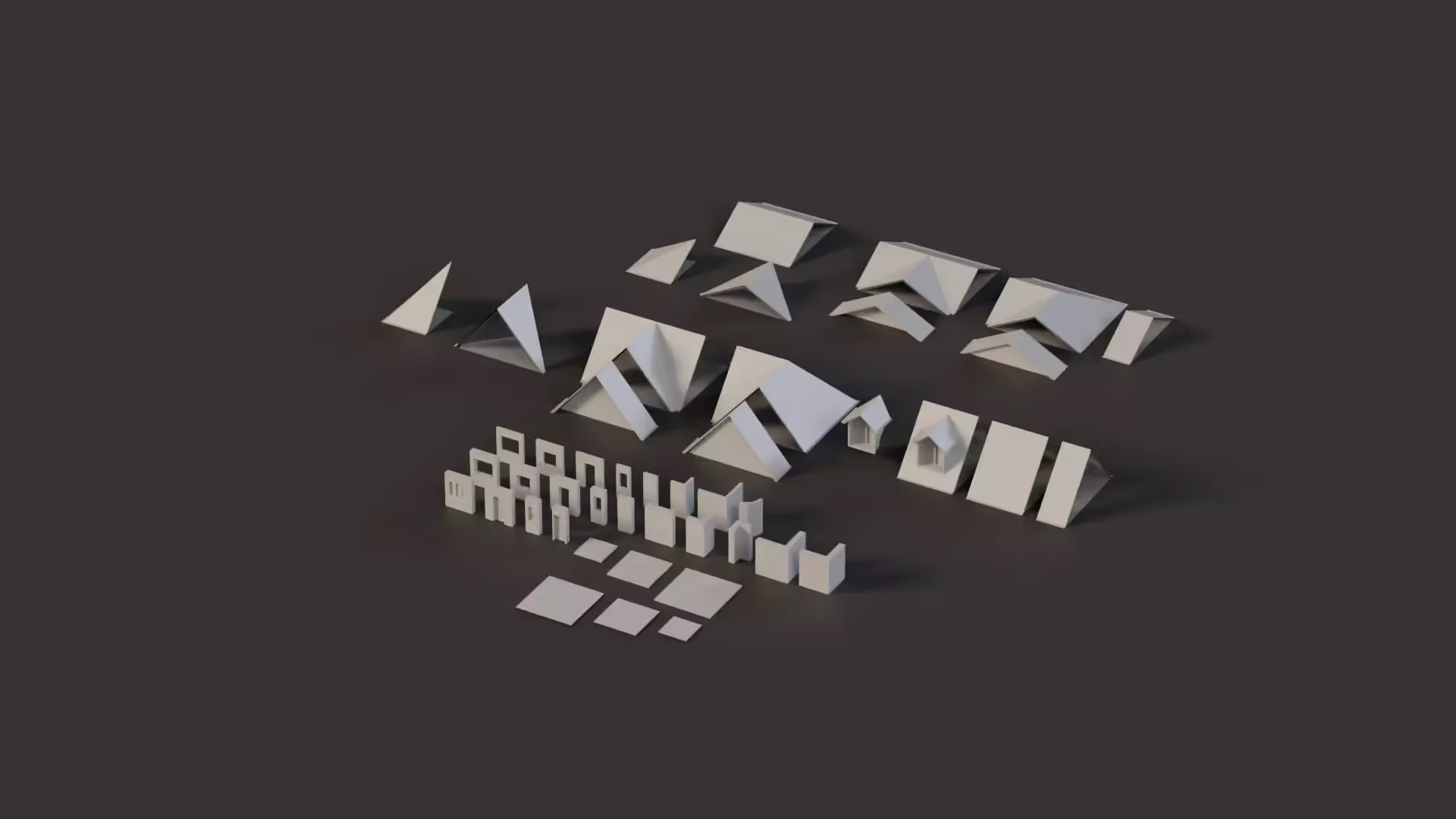How to Choose the Right Game Engine
Game engines are essential tools for creating video games and choosing the right engine is crucial for the success of any game development project.
Game engines empower you as game-developers in bringing your creative visions to life. They provide features like 3D graphics rendering, collision detection, and even artificial intelligence. They work behind the scenes to make it possible to create complex and interactive worlds that we all love to see and play with.
There are several popular game engines in the industry, each with its unique strengths and user base.
This article is part of a series on getting started with game development and game engines. We recommend you read the series in order, but feel free to jump around.
- What is an Indie Game?
- How to become a self-taught game developer
- The 7 Stages of Game Development
- Indie game programming for complete beginners
- 23+ Game Development Courses and Resources
- How to choose the right game engine
- Unity vs. Unreal
- Unity vs. Godot
- Game development with Unity
- Unity Basics
- Unity Free vs. Pro
- Unity Asset Store
- Best Unity Courses for 2024
Popular Game Engines
Unity
Unity is known for its versatility and ease of use, making it a popular choice for both indie developers and large studios.
Unreal Engine
Unreal Engine is known for its high-quality graphics and advanced features, making it often the go-to for AAA game titles.
Godot
Godot is an open-source engine that’s gaining popularity for its simplicity and flexibility, making it a great option for beginners and smaller projects.
CryEngine
CryEngine is known for its advanced graphics and rendering capabilities, making it a popular choice for many high-end games.
How do I choose a game engine?
The choice of the engine should be based on project requirements, platform compatibility, budget constraints, and your current skill level. Remember that several popular game engines are available in the industry, each with its unique strengths and user base.
When you think about Unity vs. Godot, you need to be able to make a list of the pros and cons of using each engine.
Another thing to consider is your current skill set, and whether the engine you’re thinking about using is easier to learn. For example, if you’re thinking about using Unity or Unreal, you should consider whether Unity or Unreal Engine is easier to learn.
Before you start development on your game, you must have a clear blueprint of what you want to create. This involves defining the game’s genre, target audience, platform, and core features it will require. Understanding the scale and complexity of your project is also crucial for a smooth development process.
Does the game engine matter?
Yes — picking the right game engine is a critical decision that can determine the capabilities, limitations, and overall direction of your game. A game engine is a tool. Just like any other tool, it can affect your productivity and ability to successfully deliver on your goals.
Several factors come into play when selecting a game engine, such as project requirements, platform compatibility, budget constraints, and your skill level. The scope and demands of your project should dictate the choice of the engine.
Do assets transfer between game engines?
You can transfer file-based assets like models, textures, and audio between game engines. Some file-based assets like models may have engine-specific orientations. Depending hon the source asset, it may require additional transformation steps in order to make them work correctly when being imported. For example, Unreal and Unity expect Normal Maps to be formatted differently.
We offer a ton of free textures that you can use in your projects in any game engine.
Which game engine is best for my game?
Different engines also support different types of games, for example, a simple 2D mobile game will have different engine requirements compared to a complex 3D console game. So you’ll need to choose an engine that aligns with your target platform, be it PC, consoles, or mobile devices.
Does my budget affect the engine?
Yes. Budget constraints can also influence the choice of the engine. Some game engines are free, while others require a subscription or revenue share. Lastly, the skill level of the development team also plays a role. Some engines have steep learning curves and are better suited for experienced developers.
Conclusion
In conclusion, game engines are essential tools for game development. They provide a suite of development tools that simplify the game creation process, handle the game’s graphics rendering, physics, and sound. Make sure to pick the one that suits you best to help you build your best game yet.
.avif)
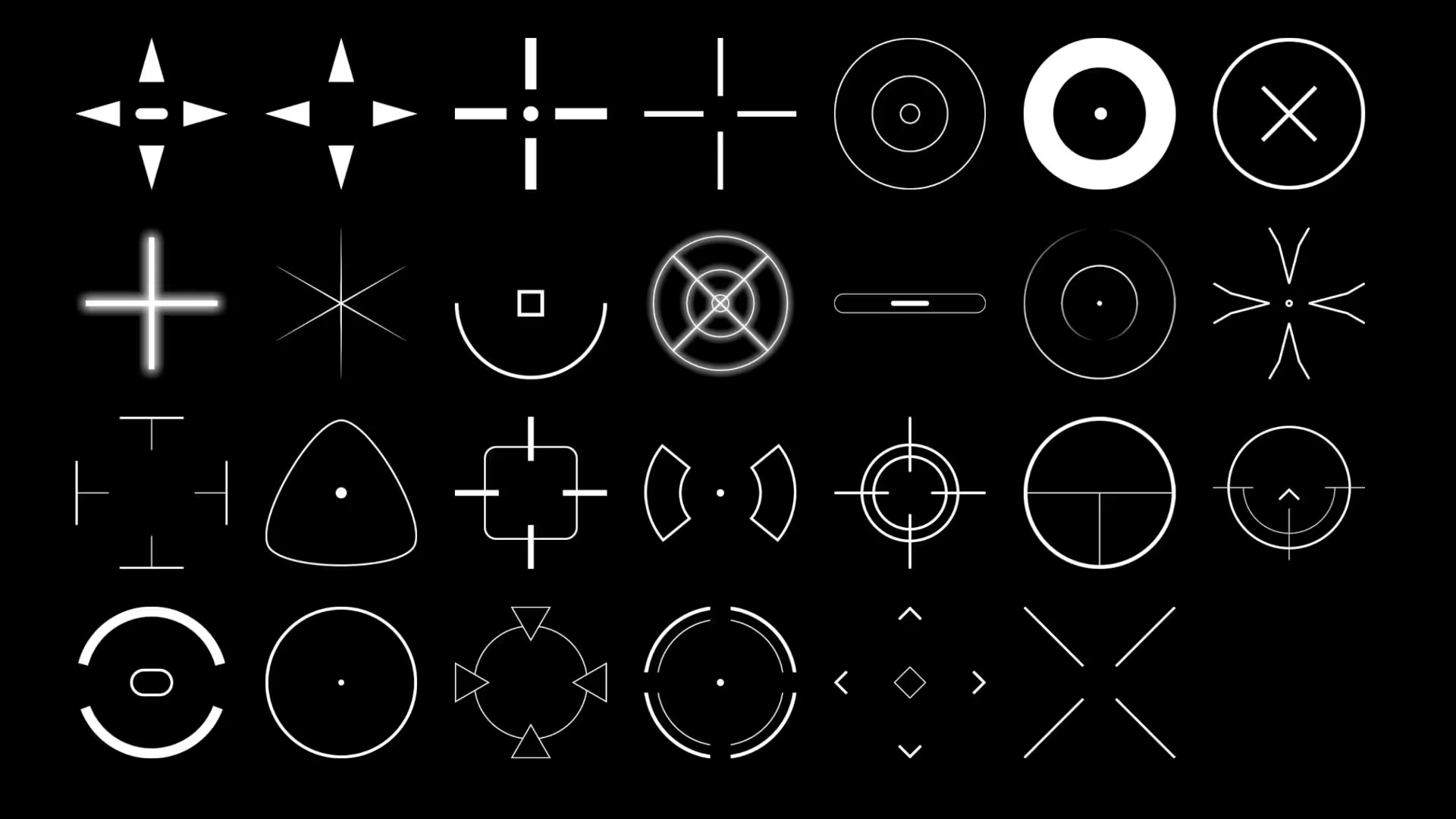

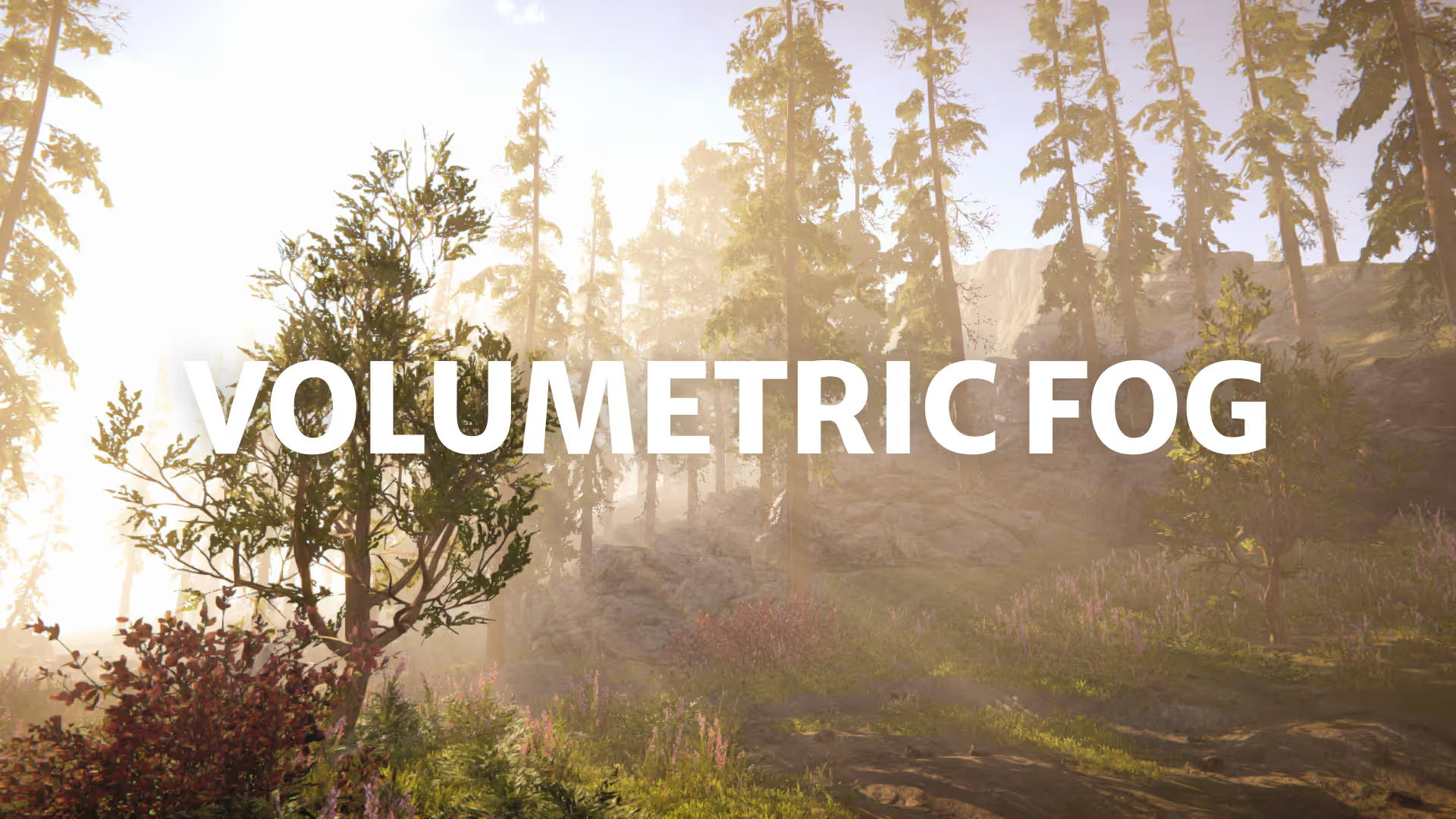
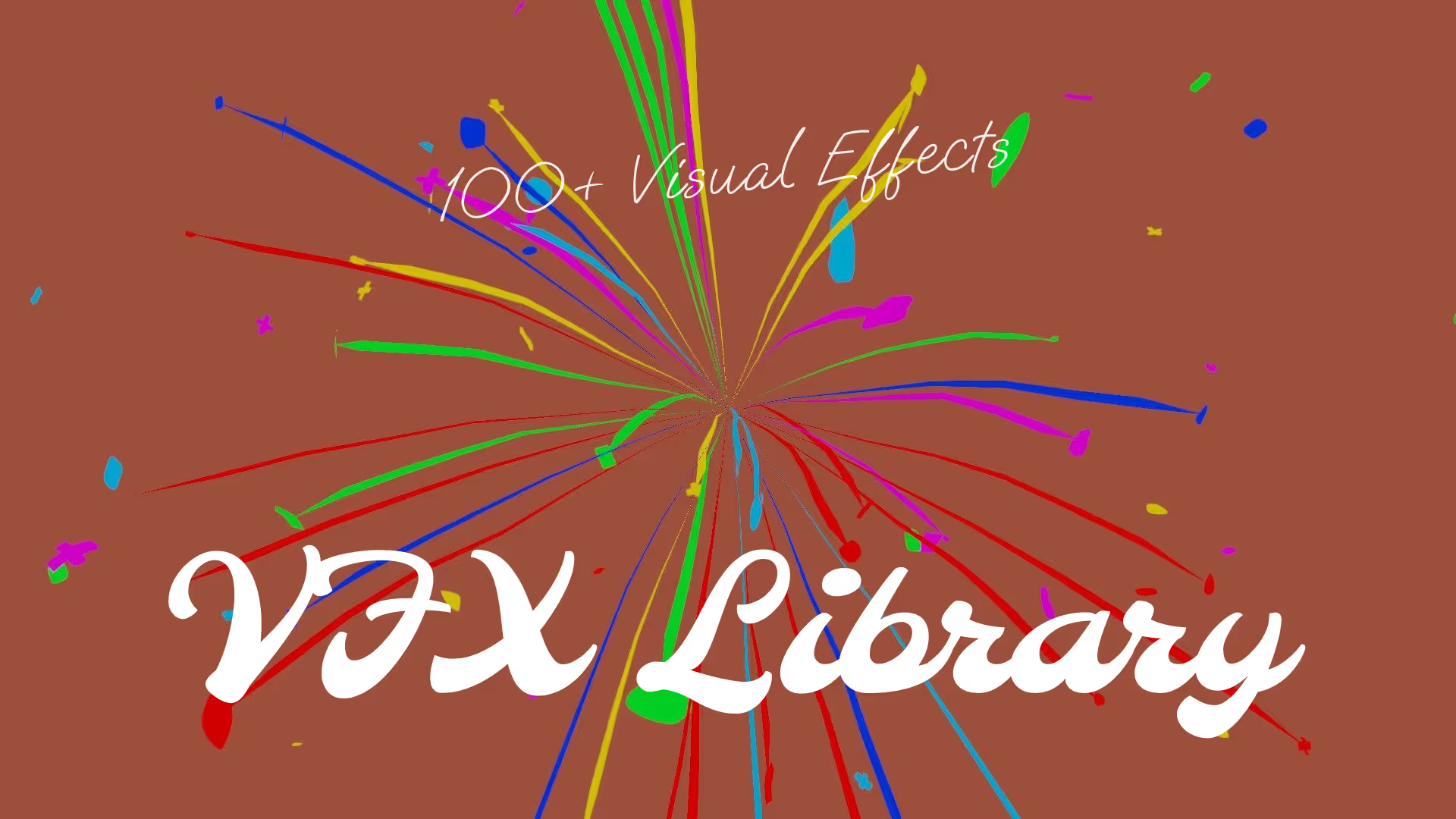
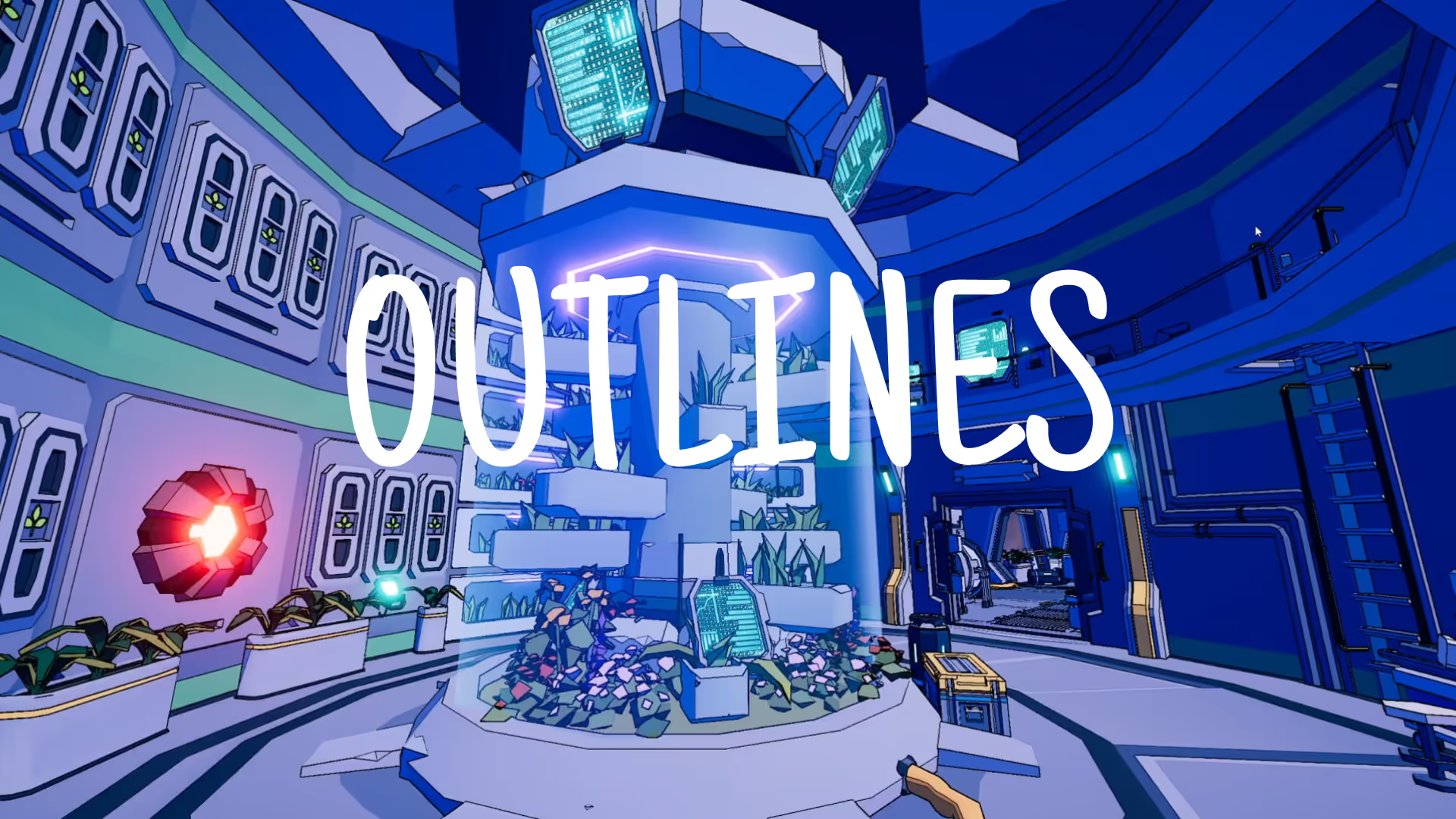



.avif)

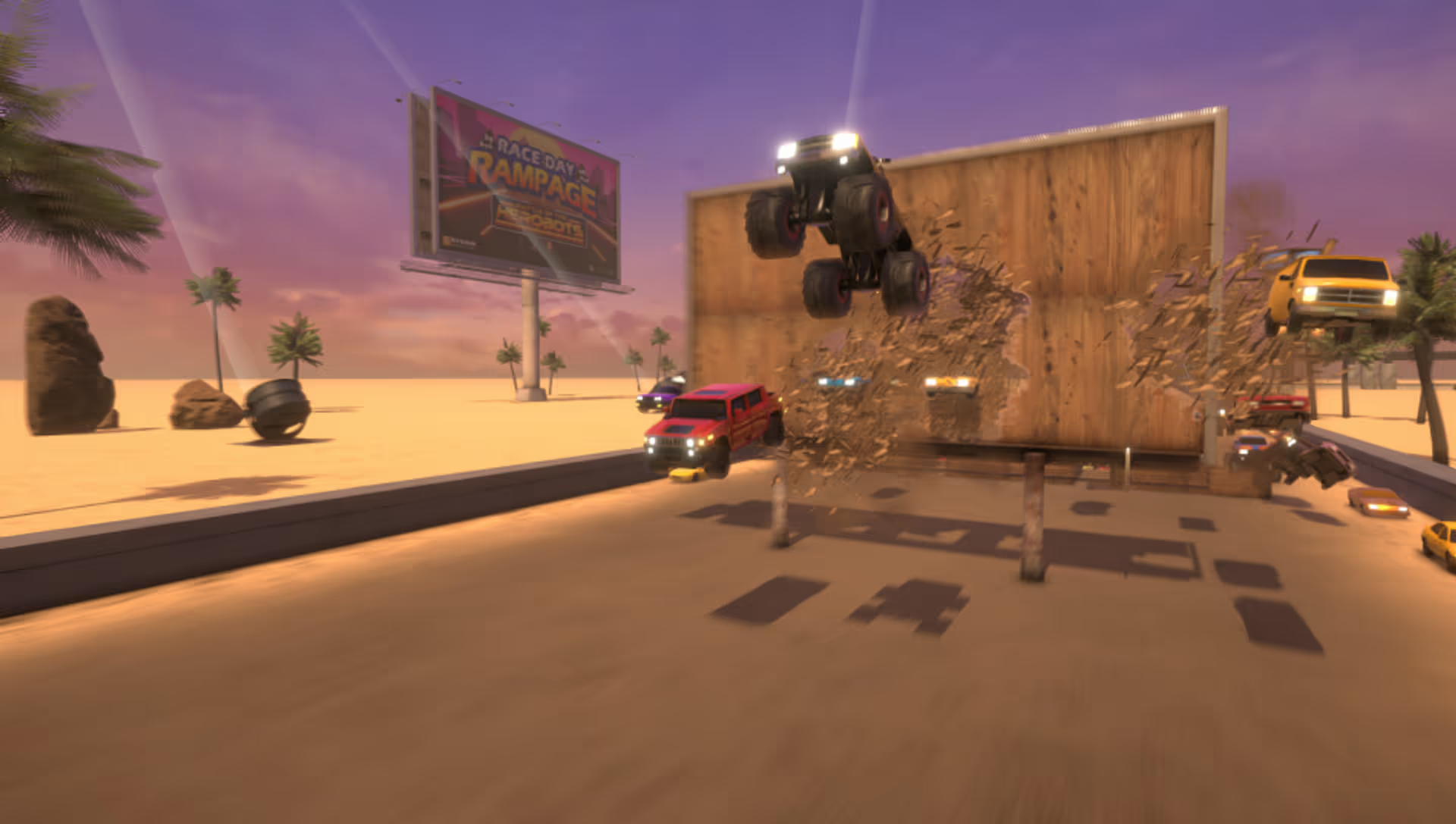


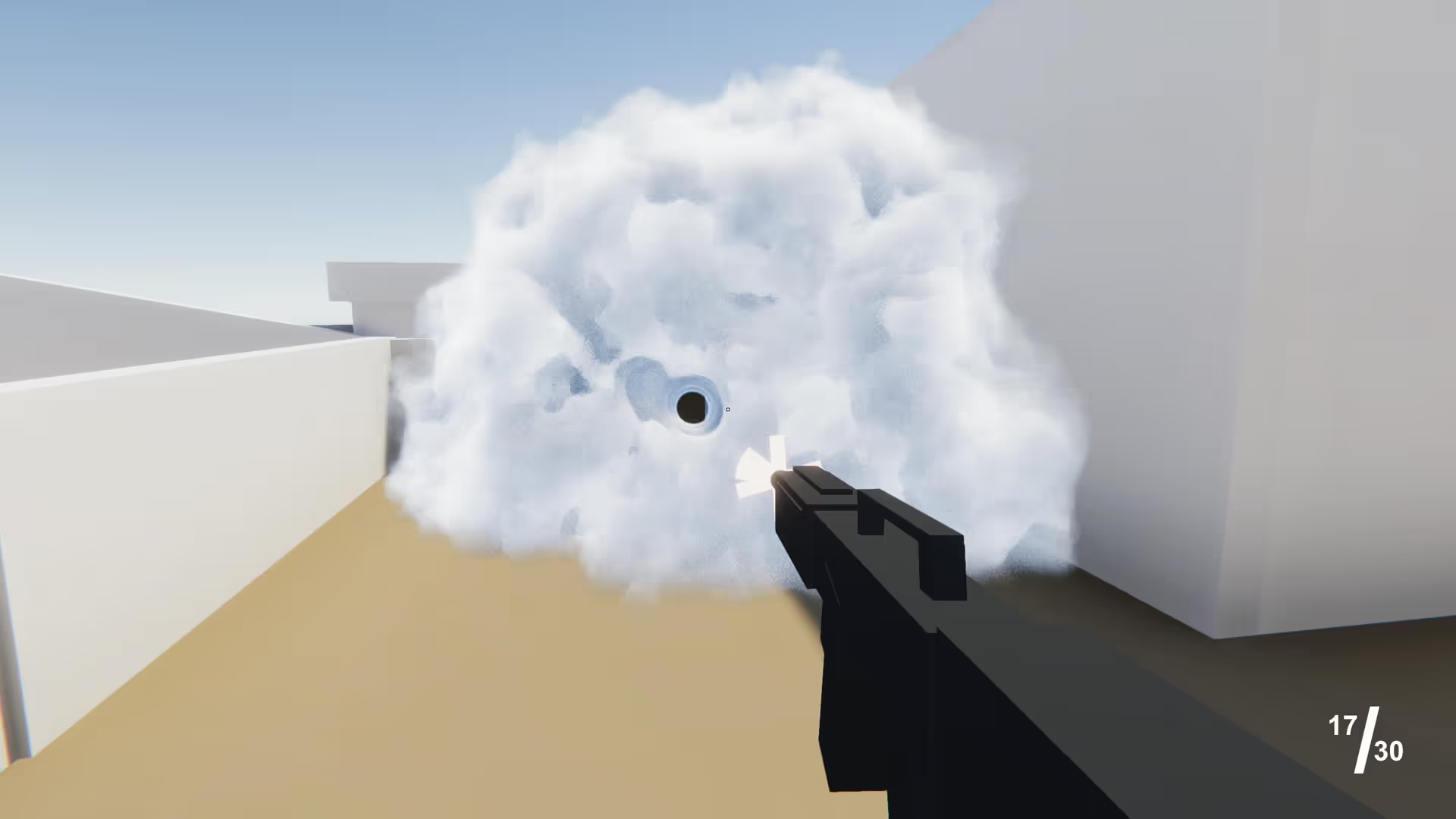
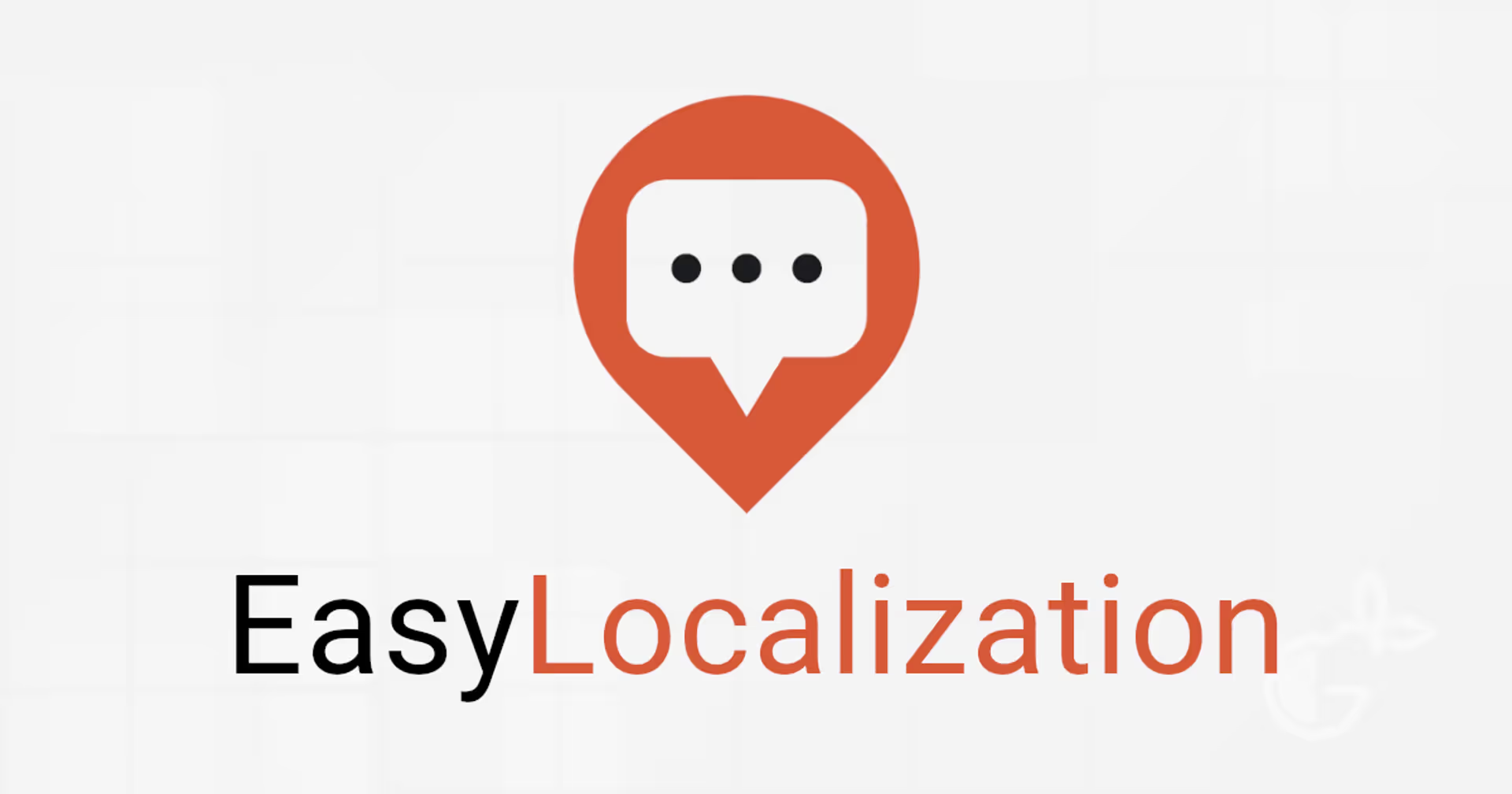
.avif)
